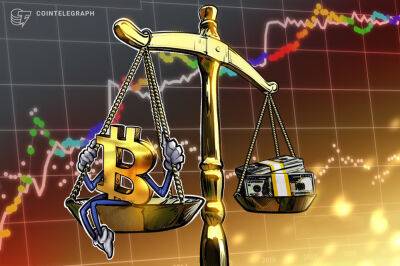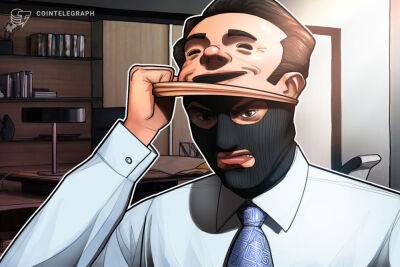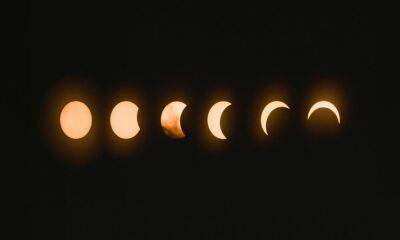Largest NFT mint ever: Making sense of Yuga Lab’s ‘virtual’ land bonanza
Last week, 55,000 parcels of “virtual land” were sold on the Ethereum blockchain for more than $300 million, the largest nonfungible token (NFT) mint ever. It wasn’t without controversy.
In return for shelling out close to $6,000, a purchaser received an Otherdeed NFT, which authenticates that buyer’s ownership of a patch of digital real estate in developer Yuga Labs’ new Otherside game environment.
What can you do with a plot of virtual ground? Well, you can develop your own online games on it or build a digital art gallery, among other things. Moreover, you might expect a lot of online traffic driving your way because the Otherside “world” is an extension of Yuga’s popular Bored Ape Yacht Club (BAYC) NFT project.
The sale began at 9:00 pm EDT on April 30, and the NFTs were sold out in about three hours. During that time, gas fees on the Ethereum blockchain soared — with eager customers sometimes needing thousands of dollars to complete a single transaction. That’s above and beyond the cost of the land parcel. Hundreds of investors not only failed to secure an Otherdeed token, but they also lost their Ether (ETH) gas fees as well. The Ethereum blockchain even went dark for a time.
Some charged Yuga Labs with favoritism in the process, saying, for instance, it had saved all the good “land” for itself or existing owners of Bored Ape Yacht Club NFTs.
Others wondered what all this had to say about gaming and NFTs. If it cost $6,000 for a parcel, and as much as $6,000 in gas fees just to play, was it all becoming a playground for the very wealthy alone?
The sale also raised questions about Ethereum’s scalability — again — and the susceptibility of blockchain-based projects to manipulation and self dealing.
Still, even if the
Read more on cointelegraph.com


 cointelegraph.com
cointelegraph.com







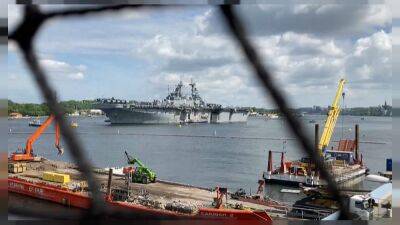
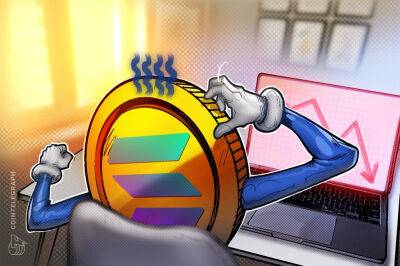
![Bitcoin [BTC] holders should know this before exiting their position - ambcrypto.com - India - city Santiment](https://finance-news.co/storage/thumbs_400/img/2022/6/4/28349_pcy4i.jpg)
![Charles Hoskinson - Cardano [ADA] may have a 28% rally in store, only if… - ambcrypto.com - city Santiment - city Santimentthis](https://finance-news.co/storage/thumbs_400/img/2022/6/4/28348_fimw6.jpg)
